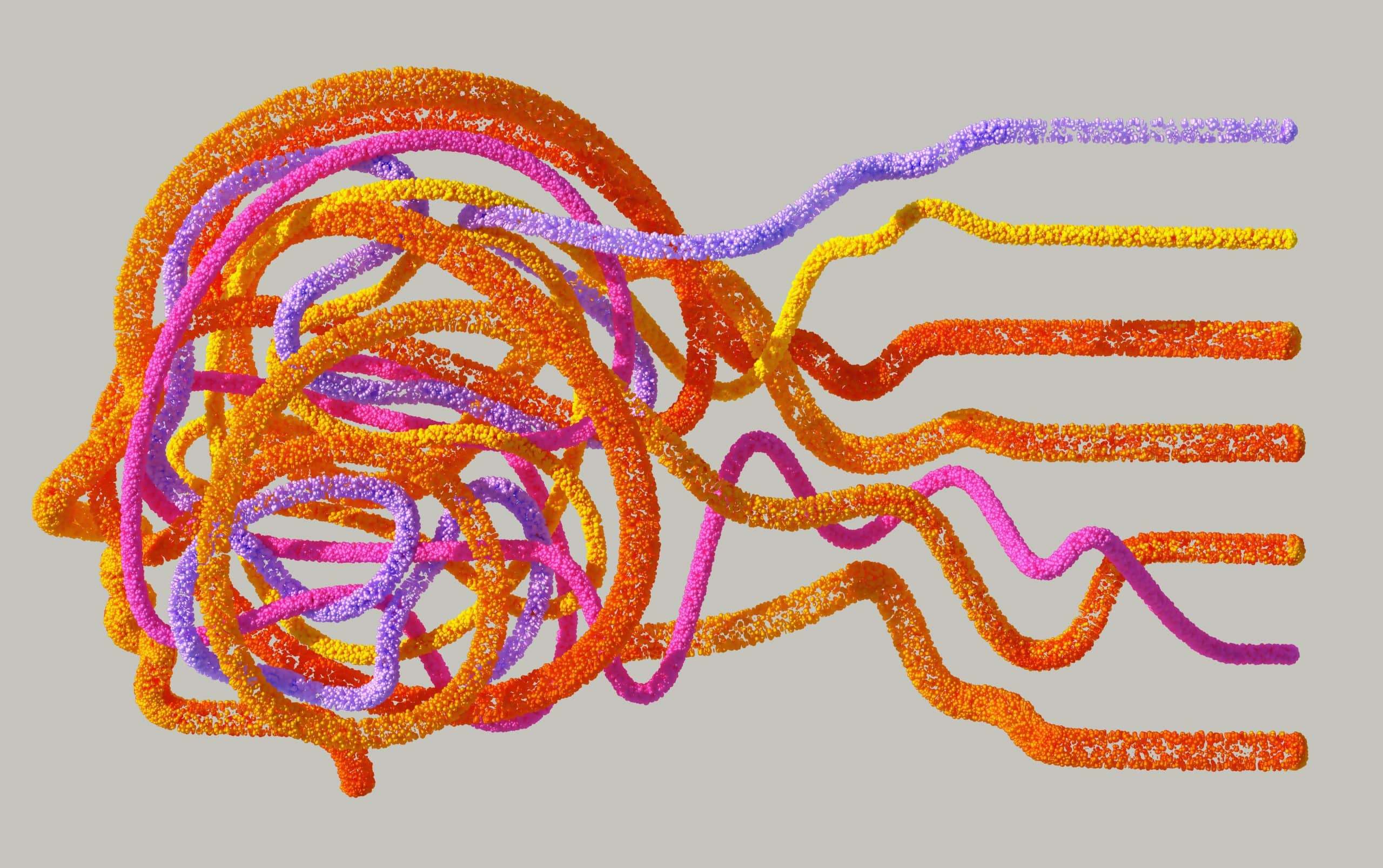Bipolar disorder, previously referred to as manic depressive disorder, is a mental illness that is characterized by extreme shifts in mood, energy, and activity levels. In 2019, 40 million people were reported to be struggling with the disorder. It is more prevalent among adults aged 18 or older, and what makes it even more challenging to navigate is that it is often misdiagnosed. There is a lot of stigma and stereotypes around the disorder, and this continues to limit access to the necessary medical care that could make a great change in the lives of the people who struggle with it.
Symptoms of Bipolar Disorder
The mood swings that one experiences when they have bipolar disorder range between two extremes: manic and depressive episodes. When one has a manic episode, they are hyperactive and feel extremely happy or excited. They also might experience a sense of euphoria, struggle with sudden shifts in their mood, and become more irritable, agitated, or restless than usual.
Some might feel more confident, struggle with a flight of ideas in which their thoughts are flowing rapidly and they constantly jump from one topic to another, have a hard time focusing on one task, deal with sudden insomnia, engage in reckless and dangerous activities, or have baseless; big; and false beliefs about themselves, for example: Believing they are famous or being stalked by a stranger.
When one is going through a depressive episode, they feel detached from the world, can’t find pleasure or purpose in any activity, even the ones they usually enjoy, feel sad, or experience a void inside that sucks them in and makes them feel completely empty. They also might deal with a lack of concentration, feel guilty, struggle with low self-esteem, think more of death and suicide, have poor quality sleep, experience changes in their appetite and weight, or be extremely exhausted and have so little energy.
Depressive episodes are different from the common mood swings that most people experience, as individuals who have bipolar disorder struggle with these episodes continuously for at least two weeks. Some people with the disorder also might experience a hypomanic episode in which they deal with similar symptoms to a manic episode, but they are less intense; they do not halt one’s ability to function in their day-to-day life.
Types of Bipolar Disorder

There are two types of bipolar disorder, and they are heavily tied to the pattern of episodes one experiences. People who have bipolar type I disorder struggle with one or more manic episodes with depressive episodes in between, which become more frequent over time compared to the manic episodes. On the other hand, people who have bipolar type II disorder struggle with one or more hypomanic episodes and one depressive episode, at least without any manic episodes.
Treatment Options
Bipolar disorder does not have a specific cause, but it can be a result of different factors: biological (genetics), psychological, or social. Violent life events, physical or emotional abuse, can trigger the symptoms of the disorder. Substance abuse also can worsen it. However, treatment is possible as one can seek professional help that directs them to the appropriate type of care they need and assists them in leading a healthy and thriving life.
Doctors mostly prescribe a mix of medicines, but they are often not enough to help one recover fully. So, they suggest psychological and psychosocial interventions. The medicines should be taken under the supervision of a professional as they can cause acute side effects.
Mood stabilizers and antipsychotics are mostly prescribed to help one deal with the mania episodes. Antidepressants are strictly given to get one through the depressive episodes, as they should not be taken during a manic episode. One must check with their doctor regarding any physiological changes, becoming pregnant, or starting breastfeeding, as some medicines are utterly prohibited during certain periods.
As with every other medicine, bipolar disorder medicines have some side effects; one can feel sleepy, struggle with muscle spasms or tremors, or deal with metabolic changes ( gaining weight). Regardless of the side effects you might experience, you should always check with your doctor to keep everything monitored and managed.
Psychological interventions include cognitive behavioral therapy, interpersonal therapy, or psychoeducation to help people with the disorder learn how to better cope with the symptoms. Meanwhile, psychosocial interventions include supported employment, supported housing, peer support, and social and life skills training. They help them integrate more into society and offer them support to have a good life.
Final Thoughts
People with bipolar disorder move through life while bearing a lot of pain. It can be hard to understand and learn how to better support them, but if you have a loved one who is dealing with the disorder, you owe it to them to try and learn how to be there for them. Learning about the disorder, its symptoms, and the possible treatments will help put you on the same page as one who struggles with the disorder. Educating oneself about mental health must be a priority as you never know what someone is going through, and the more you know, the better chance you’ll have at spotting the signals and offering the needed help.
Disclaimer: This article is intended simply to provide information. It does not replace the medical advice of a physician. Please speak with your doctor if you have any questions or concerns.
For More Great Content
Are you desiring top-tier content that covers everything? From thrilling sports and intoxicating entertainment news to gaming tips and professional betting advice, Total Apex covers it all. Delve into our no-fluff articles to stay ahead of the game with the latest sports action, uncover the hottest trends in entertainment, and get the latest scoops in the gaming industry that will take your experiences to the next level.
Finally, our betting advice will give you a decisive edge over the competition and increase your odds of beating the books. Whether you’re looking to stay updated or gain a competitive edge, Total Apex is your one-stop shop for all things compelling and relevant. Don’t forget we cover Fantasy Sports, too!
Check out all our sites: Total Apex Sports, Total Apex Fantasy Sports, Total Apex Entertainment, Total Apex Sports Bets, and Total Apex Gaming. Out of the ashes of obscurity will rise a beast. Always remember to Respect The Hustle! Follow us on Twitter/X @TotalApexSports to stay informed.










